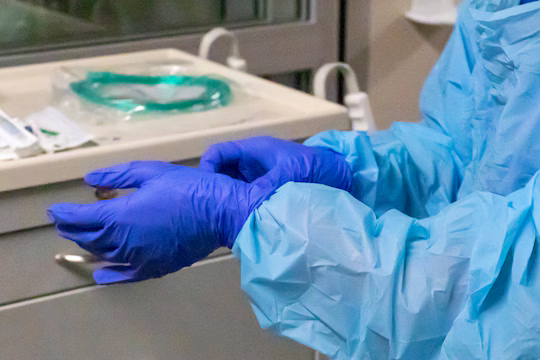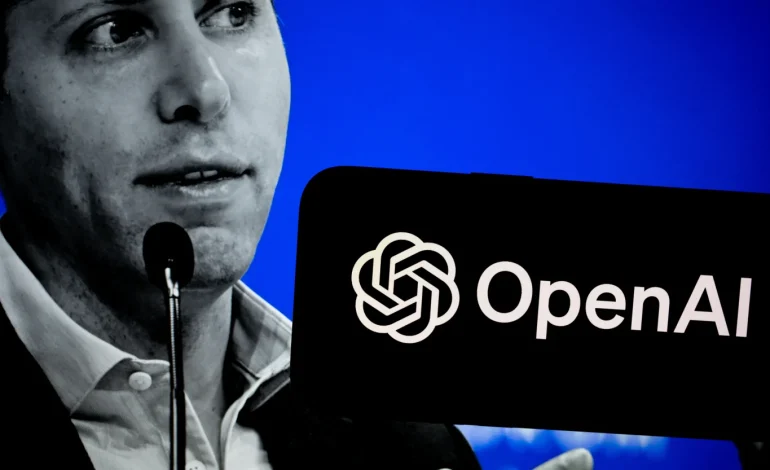In just five years, OpenAI has transformed from a modest research-focused startup into a corporate giant, recently reaching a staggering $157 billion valuation.
The company’s meteoric rise began with the release of its popular AI chatbot, ChatGPT, in late 2022, which ignited a widespread AI boom. Since then, OpenAI has expanded its product offerings, providing AI services that cater to businesses and consumers alike. However, this rapid growth has come with challenges, including significant leadership changes and growing concerns about maintaining the company’s original commitment to AI safety.
OpenAI’s latest funding round, which raised $6.6 billion from investors such as Microsoft, Nvidia, and Thrive Capital, highlights the company’s global ambitions. In addition to this capital, OpenAI secured a $4 billion revolving line of credit, bringing its total liquidity to more than $10 billion. These funds are crucial for competing with tech giants in the fast-evolving AI sector, which requires significant investments in advanced infrastructure and talent.
Despite the financial success, OpenAI has been shaken by the departure of several key executives, including Chief Technology Officer Mira Murati and Chief Scientist Ilya Sutskever. Since Sam Altman, OpenAI’s CEO, was briefly ousted and reinstated in late 2023, the company has seen a major reshuffling of its leadership team. Several founders, including Greg Brockman and Sutskever, have stepped back, with Sutskever starting a new venture focused on safe AI development. Concerns about burnout and the company’s ability to balance aggressive business expansion with responsible AI development have also emerged among employees.
The turnover within the company has sparked debate about whether OpenAI can stay true to its mission of developing safe AI systems while scaling at such a rapid pace. The restructuring of OpenAI’s safety teams, in particular, has raised questions. Critics, including former employees, argue that the company has deprioritized safety in favor of rolling out new AI products, a claim OpenAI denies. Nevertheless, the company’s safety research has been integrated across its broader efforts, ensuring that AI safety remains a key focus, according to an OpenAI spokesperson.
As OpenAI grows, Altman has concentrated more control over the company. Discussions about giving him a significant equity stake have surfaced, though no specific numbers have been confirmed. Altman’s increasing influence comes as OpenAI is restructuring itself into a more traditional tech company, balancing both its research goals and commercial ambitions. Bret Taylor, OpenAI’s chairman, has acknowledged that the board has explored compensating Altman with equity, but no final decisions have been made.
Looking ahead, OpenAI’s trajectory reflects both its growing market dominance and the internal pressures that come with it. While the company has experienced rapid financial growth — with revenues expected to surpass $11.6 billion in 2025 — it also faces mounting challenges in managing its internal culture and ensuring its continued leadership in the AI space.
The company’s leadership transformation is likely to continue as it moves toward a potential initial public offering (IPO). OpenAI’s CFO, Sarah Friar, indicated that the company is considering various strategies to secure capital, including tapping public and debt markets.









